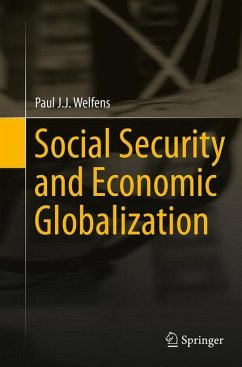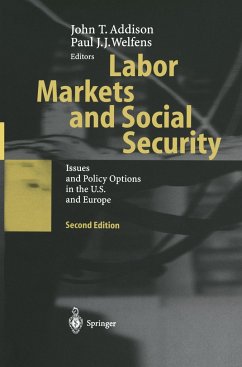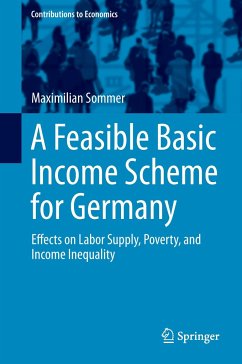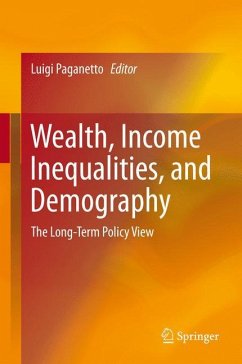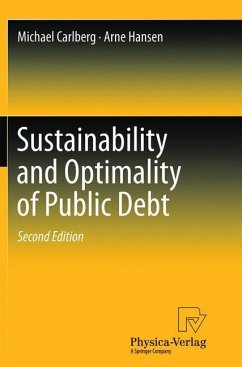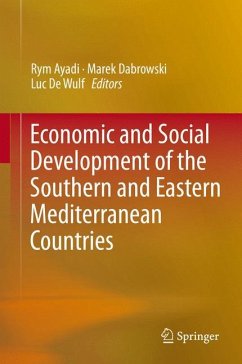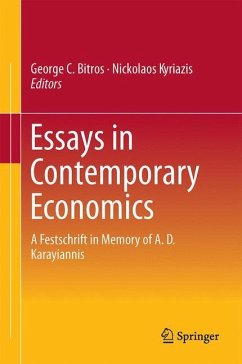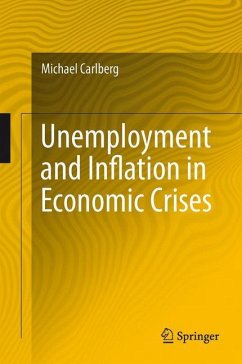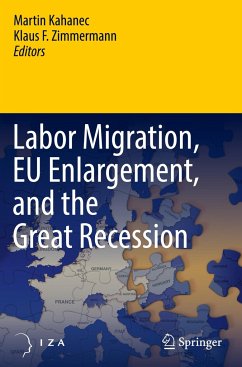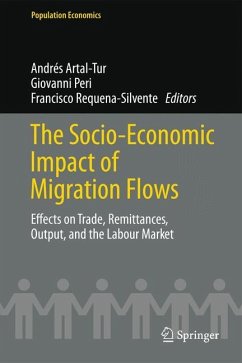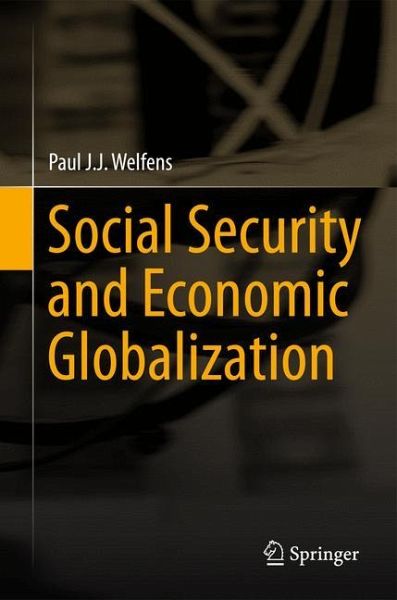
Social Security and Economic Globalization
Versandkostenfrei!
Versandfertig in 6-10 Tagen
38,99 €
inkl. MwSt.
Weitere Ausgaben:

PAYBACK Punkte
19 °P sammeln!
Economic globalization is a complex phenomenon where the links between social security expenditures and globalization are not well understood so far. This study summarizes new key findings and highlights new theoretical insights in the field of social security systems, labor standards, taxation and economic globalization. Moreover, new thoughts on the links between social security systems and migration as well as between free trade areas and social market economy development are presented. The book analyzes the role of a changing age dependency using a Branson model and it derives implications...
Economic globalization is a complex phenomenon where the links between social security expenditures and globalization are not well understood so far. This study summarizes new key findings and highlights new theoretical insights in the field of social security systems, labor standards, taxation and economic globalization. Moreover, new thoughts on the links between social security systems and migration as well as between free trade areas and social market economy development are presented. The book analyzes the role of a changing age dependency using a Branson model and it derives implications for the stock market price index, the exchange rate and the interest rate. Economic globalization needs to be politically managed and through the Transatlantic Banking Crisis and the Euro Crisis the need to more carefully draw the rules of the game for financial globalization has been highlighted. Unstable financial markets have a large potential to undermine social market economies andsocialsecurity systems. The rising income inequalities within countries raise more policy challenges for Europe than for the US.





